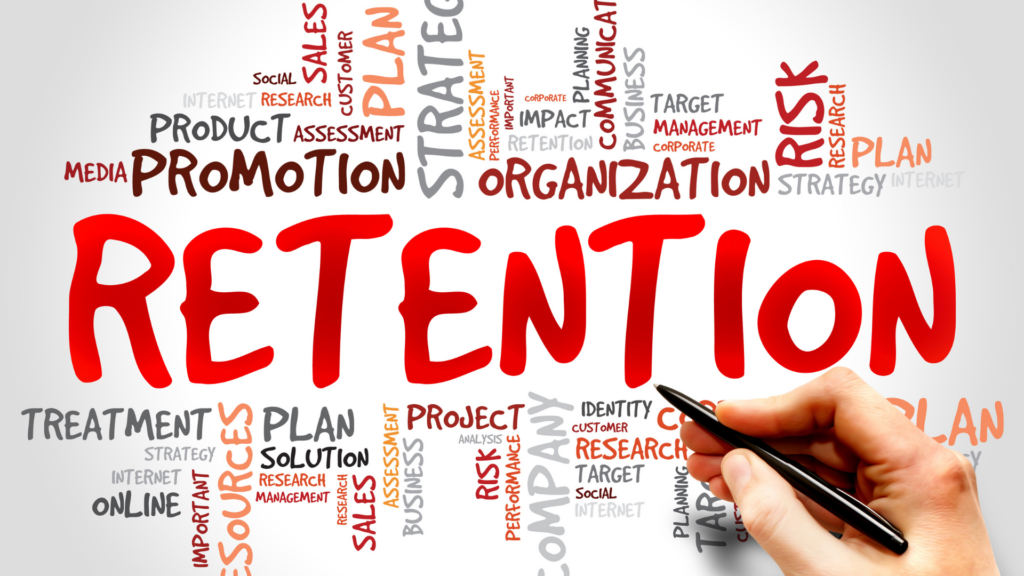Finding and keeping great employees can be tough for companies all over. With changes in employee expectations, advancements in technology, and shifts in the job market, it’s a real challenge.
In 2019, a whopping 42 million U.S. workers alone said “so long” to their jobs voluntarily. Yep, you read that right – 42 million! It’s a staggering number that highlights the magnitude of the challenge companies face in retaining their best and brightest.
While hiring the right people is essential, keeping them around is equally important. Yet, despite this recognition, retaining talent remains a significant hurdle for many organizations. Why?
Factors such as low pay and poor management contribute to employee turnover. And that’s not all. A study by MIT Sloan found that employees are over 10 times more likely to leave due to work environment issues than because of compensation. That’s a big eye-opener, isn’t it?
So, why is retaining top talent more difficult than ever?
Many leaders struggle to foster a positive workplace culture. Time constraints and lack of awareness about workplace dynamics hinder their efforts to build strong relationships and address toxic behaviors.
A few years ago, we worked with an organization that manufactures private jets and the Senior HR Business Partner saw high turnover from newer employees due to an ongoing culture of hazing and bullying.
In partnership with the Senior HR Business Partner, we traveled to all worksites across the U.S to deliver training on what bullying and hazing is, the damage it cause, and how to speak up against it.
She was able to discuss the policy and consequences if bullying or hazing was reported. Employee turnover decreased immediately. Employees now understood what bullying was and the consequences that would follow if they engaged in it. Thanks to their Senior HR Business Partner for taking action!
Now, what can you do?
Would you want to risk losing your best people and starting over, or would you roll up your sleeves and fix things?
We understand that everyone is busy, but simply checking in with your people can help you gauge how they’re doing at their jobs, what concerns they may have, or what dynamics are at play within your team.
Moreover, conducting a climate assessment is an excellent initial step. It enables us to gain a clear understanding of what’s happening in your organization so that we can collaborate with you to address any issues.
We also offer you one of Catherine’s courses, Handling Workplace Bullying for free. Check it out now!
It’s crucial for organizations to focus on retaining well-performing employees and tackle potential issues before they escalate into more serious problems. Keep your talents happy within your organization. That means making sure they love their job, enjoy the work environment, and have chances to grow and learn.
Don’t forget to mark your calendars for our upcoming webinar on “Managing Incivility and Conflict in Political Discussions at Work,” set for June 5th at 10 am PST. Save your spot now!
Written by: Cleo Tubon and Jennifer Areola




